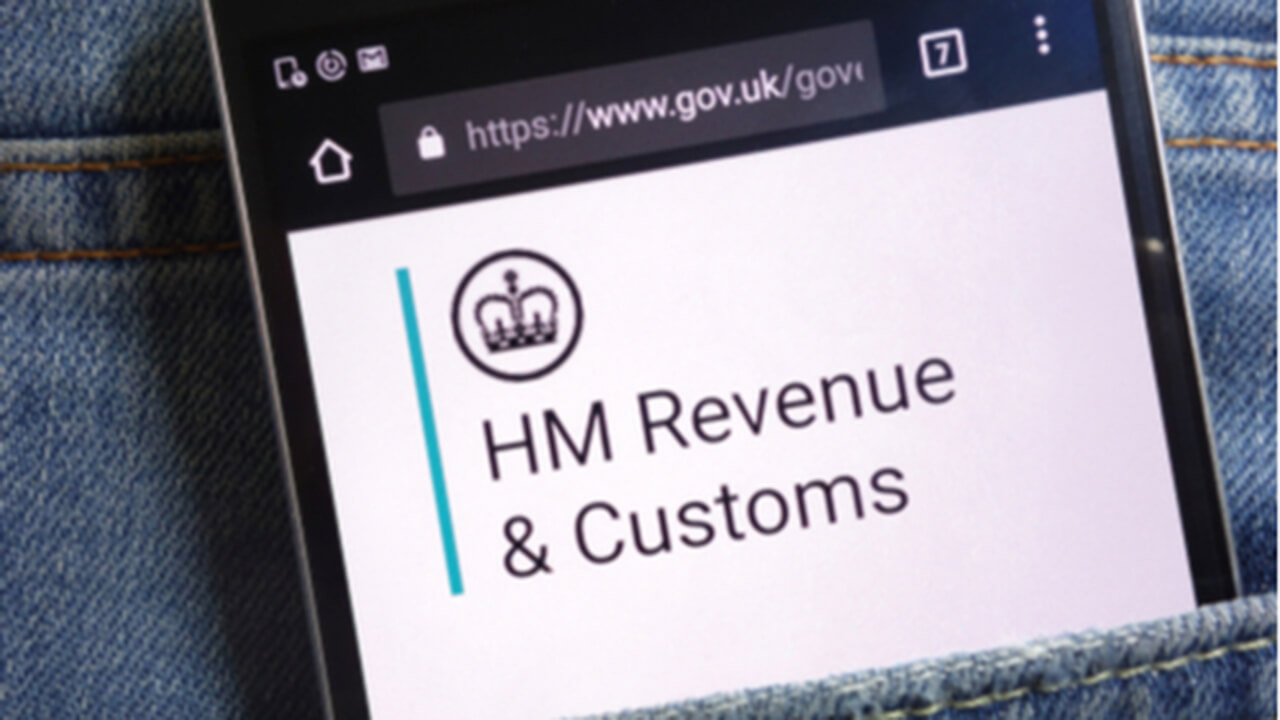It is that time of year when many individuals will be making sure their self-assessment tax returns are filed and any outstanding tax has been paid.
Where, for whatever reason, someone is unable to pay their tax bill, often their immediate response is to delay filing their tax return in the hope it prevents any HMRC enforcement action. However, this rarely provides the best outcome.
A combination of late filing and late payment penalties, plus the recent increases in interest rates, can result in significant negative financial consequences of such action. If you are worrying about how to pay your tax bill, all is not lost and there are some available options which will be explored in this article.
Late filing of tax returns
HMRC charges penalties for late filing. Over the last few years, the filing deadline rules have been relaxed due to the disruption caused by the Covid-19 pandemic. However, it would be unwise to expect any special treatment this year.
For individuals, partnerships, and trustees required to submit a tax return, a penalty can arise where the return is late. Depending on how late the tax return is, there is the possibility of fixed, daily, and tax-geared penalties. However, penalties can be avoided where there is a ‘reasonable excuse’ for late filing.
A late return for which there is no reasonable excuse attracts a £100 penalty the day after it was due. If the return is still not filed within three months, HMRC can charge daily penalties of £10 per day for 90 days. After six months, HMRC can issue a further penalty which is the greater of £300 or 5% of the tax due. If the tax return is more than a year late, HMRC can charge an additional penalty of the higher of £300 or 5% of the tax due. In certain specific instances these penalties can be higher (for example, if an individual withheld information).
Penalties for late payment of tax
Under income tax self-assessment, a balancing payment is usually due on 31 January following the tax year end. For the tax year ended 5 April 2022, this balancing payment is due on 31 January 2023, the same date as the filing deadline. Where this payment is outstanding 30 days after the due date (so, not paid by 3 March 2023), a penalty of 5% of the amount due is charged.
If tax is still outstanding five months after the penalty date of 3 March 2023, a further penalty of 5% will be charged. After another 6 months an additional 5% penalty can be charged.
If there is a reasonable excuse for late payment, the penalties shouldn’t be charged. However, it is important that payment is made as soon after the reasonable excuse comes to an end as is practical.
Reasonable excuse
Much time has been spent in the tax tribunals arguing over what constitutes a reasonable excuse. A lack of funds to pay will generally not be considered a reasonable excuse, and neither is relying on a third party (for example an accountant). It is important to file the return or make payment as soon as the reasonable excuse ends and many cases claiming a reasonable excuse failed because a tax return or payment wasn’t made after the excuse ended.
Daily interest on outstanding tax debts
In addition to penalties, HMRC charges daily interest on outstanding tax debts. Over the last 14 years, the rate has been relatively low. However, from 6 January 2023, the rate has been raised to 6% and risks going higher if the Bank of England raises the base rate again. This interest rate applies to unpaid income tax, national insurance, capital gains tax, stamp duty, corporation tax and inheritance tax. It is very rare for HMRC to reduce the interest charged and they will only do so in exceptionally limited circumstances.
What can you do if you are having problems filing your tax return or paying the tax?
If you have a tax return due but know you will not be able to pay the tax, in most cases you should file the return and speak to HMRC about a time to pay arrangement. By doing this, you should avoid late filing penalties and should also stop late payment penalties.
Time to pay arrangements allow the tax debt to be cleared over time. Normally, HMRC will suspend late payment penalties on the deferred amount. Where the arrangement is in respect of a self-assessment debt less than £30,000, your latest tax return has been filed, and you have no other outstanding payment plans with HMRC, it is possible to set up a time-to-pay arrangement online.
Where you cannot complete the arrangement online, it will be necessary to speak to HMRC and set out how much you can pay in full, what monthly payments you propose to make for the balance and what access to savings or investments you have.
Dealing with HMRC debt
HMRC is coming under increasing pressure from MPs to collect the outstanding tax debt which stands at around £42bn. Increasingly, HMRC is using debt collection agencies to collect these debts. Where debt continues to be outstanding HMRC could consider petitioning the Court to issue a bankruptcy notice.
If you have concerns about affording your tax bill, please get in touch.
If you have any questions about the above, or would like more information specific to your circumstances, please enter your email address below and we will get in touch:
















